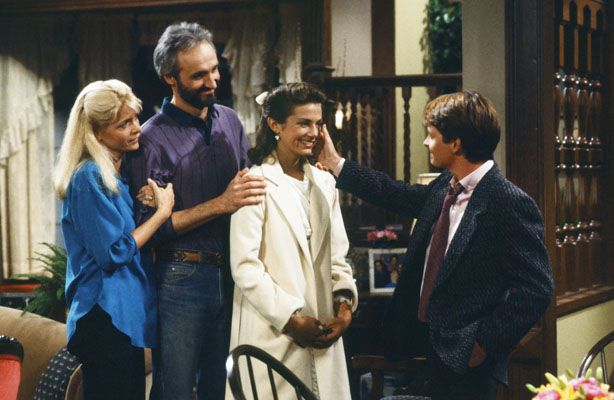
This is because the trends away from tradition reinforce one another - nontra¬ditional family forms promote nontraditional values and vice versa - and because younger generations such as the millennials are so much more likely to embrace nontraditional values than older generations. This evolution away from traditional family forms and family values will continue unabated in the future. In every case, they have moved from less tolerant, traditional views to more tolerant, less traditional views, with much greater openness toward sexuality outside of heterosexual marriage and a strong belief that women are equal in every respect and should work outside the home if they wish. As the report says:Īccompanying these structural shifts have been dramatic changes in attitudes toward sexuality, marriage, and gender roles. This may not be true for all of them, but it is true for enough of them that it has become their generational norm. To paint with a broad brush for a moment: They know plenty of gay people, don't find anything particularly notable about people of different races dating, and see the traditional family setup (a two-parent heterosexual couple in which Dad works outside the home and Mom doesn't) as the exception rather than the rule. Simply put, today's young people have grown up in an environment far different from those their parents and grandparents experienced, and nearly all those changes will push them in a more progressive direction. But there is a shift taking place, and it's one that the cleverest Republican strategists and most charismatic conservative politicians will be powerless to stop.

The "Progressive America" report contains a provocative section called "An End to the Culture Wars," a title that may be a tad optimistic (in fact, you can look at the entire history of domestic controversy in America as one long culture war). Which means that the electorate will change profoundly. And as the other report, "New Progressive America," points out, this generation's share of the voting population will increase every year until 2020, when they will represent nearly 40 percent of the electorate. But they are also the most progressive age group in their opinions about the role of government, which might be. In "State of American Political Ideology, 2009,", we learn that young people are the most progressive age group overall and the most progressive on social issues, which might not be surprising.

While they cover a great deal of ground, the reports contain some particularly interesting points about the millennial generation. And as a pair of new reports from the Center for American Progress on the present and future of American ideology show, those feelings are likely to run much deeper than a single election or a single candidate. (If you're interested, exit-poll data dating back to 1976 can be found at the Roper Center.) Despite periodic proclamations that young conservatives are poised for a comeback (see, for instance, this lengthy portrait in The New York Times Magazine only six years ago of the "Young Hipublicans" who were ready to take the country by storm), young people aren't finding much to like about today's GOP. Start with the obvious: 67 percent of voters under 29 cast their ballot for Barack Obama, a result unequalled since exit polling began. Today's young people - often called the millennial generation - could pull American politics even further to the left, and for a longer time, than the Reagan generation pulled our politics to the right. Currently, we are beginning an even more dramatic turn. It was a remarkable shift, and one that helped shape politics for the ensuing two decades. Similarly, many people who first voted in the Depression still see politics in terms of the Democratic President Roosevelt and the Republican President Hoover." Dionne, then a reporter for The New York Times, wrote near the end of Reagan's tenure in the fall of 1988, "Academics and political consultants who have studied the youth vote have many explanations for their movement toward the Republicans, but the most powerful is the simplest: Young Americans have known only Mr. Keatons voted for Reagan, an extraordinary percentage for a Republican (and just over his proportion of the popular vote as a whole).


In 1984, 59 percent of the nation's Alex P.
Alex p. keaton ronald ragan series#
The series ran from 1982 to 1989 in its finale, Alex leaves home to take a job on Wall Street. Keaton, the hero of the television show Family Ties, whose ex-hippie parents shook their heads at their son's affection for Ronald Reagan.
Alex p. keaton ronald ragan free#
Instead of tuning in, turning on, and dropping out, they were donning polo shirts, keeping their hair cut short, and waxing eloquent on the wonders of the free market. A quarter-century ago, political observers marveled at a new phenomenon: an enormous wave of conservative young people.


 0 kommentar(er)
0 kommentar(er)
